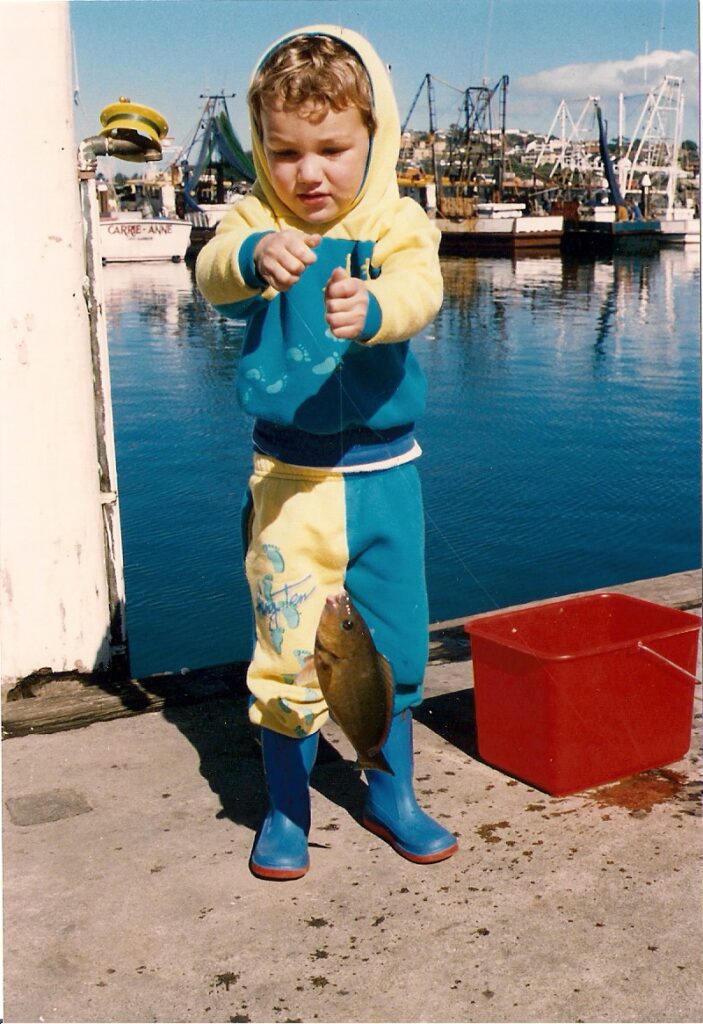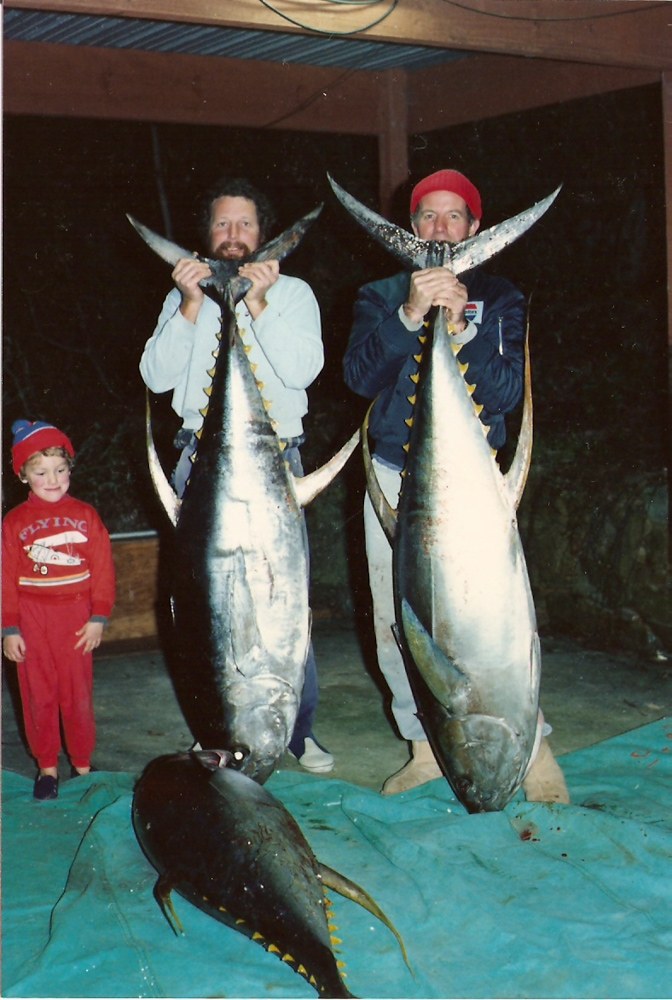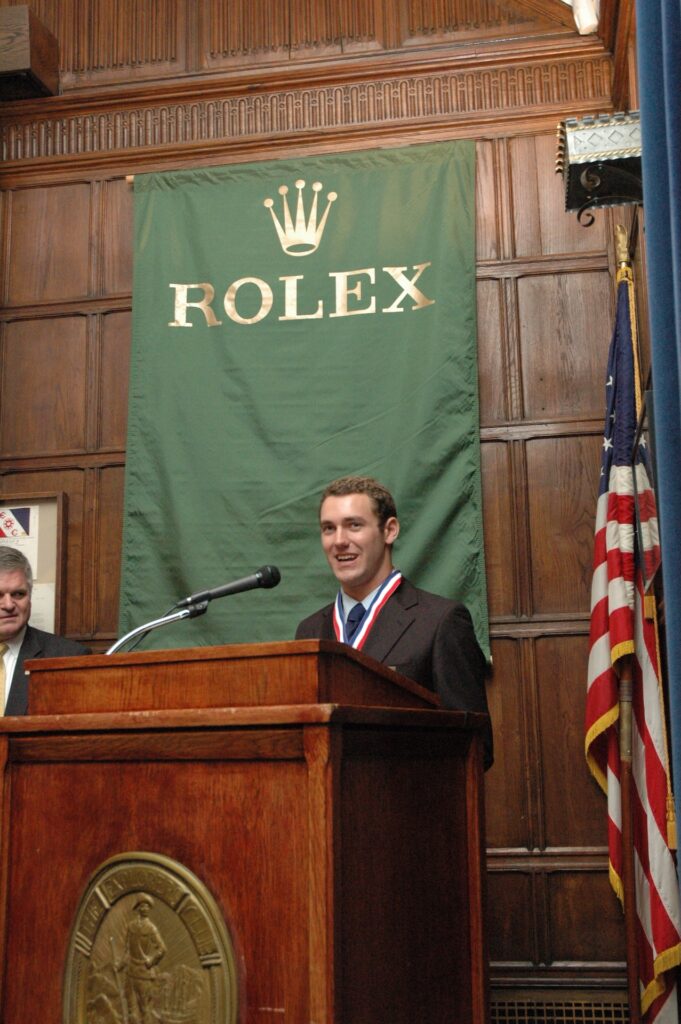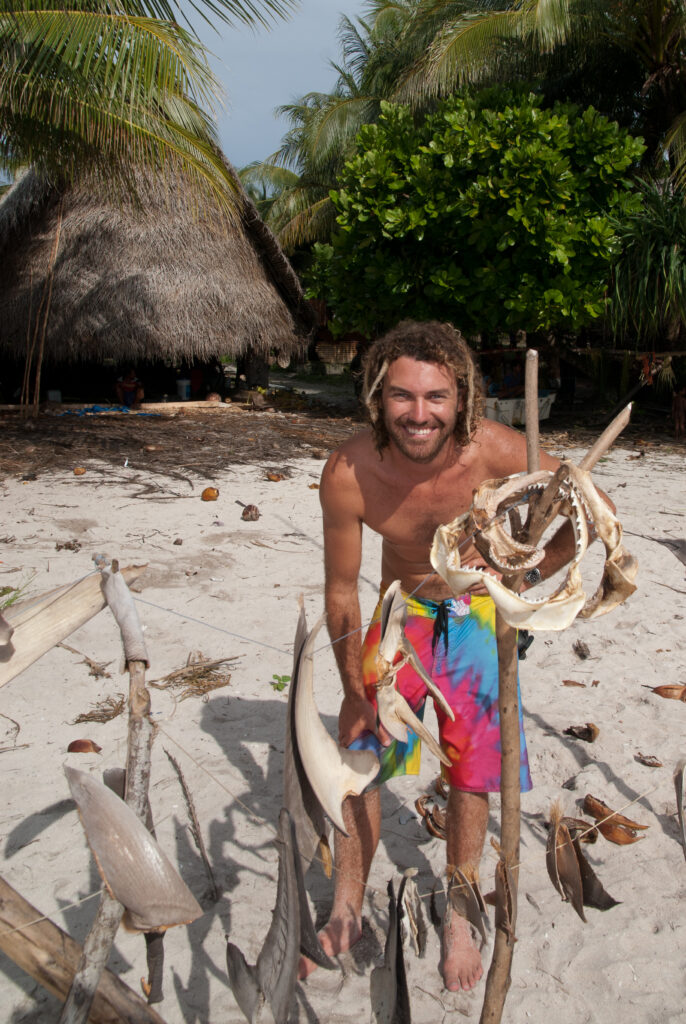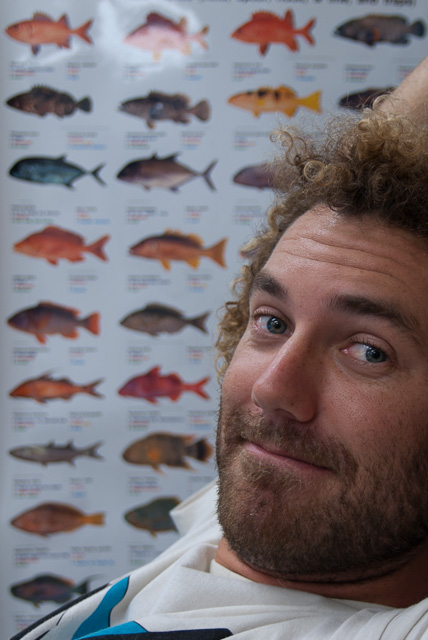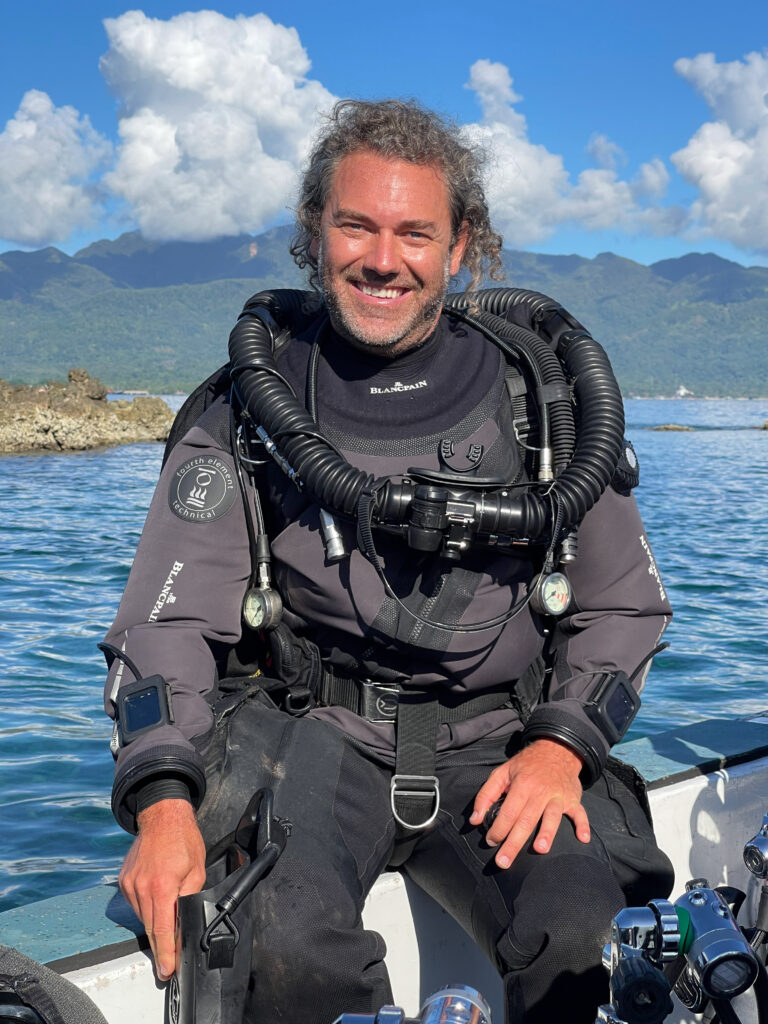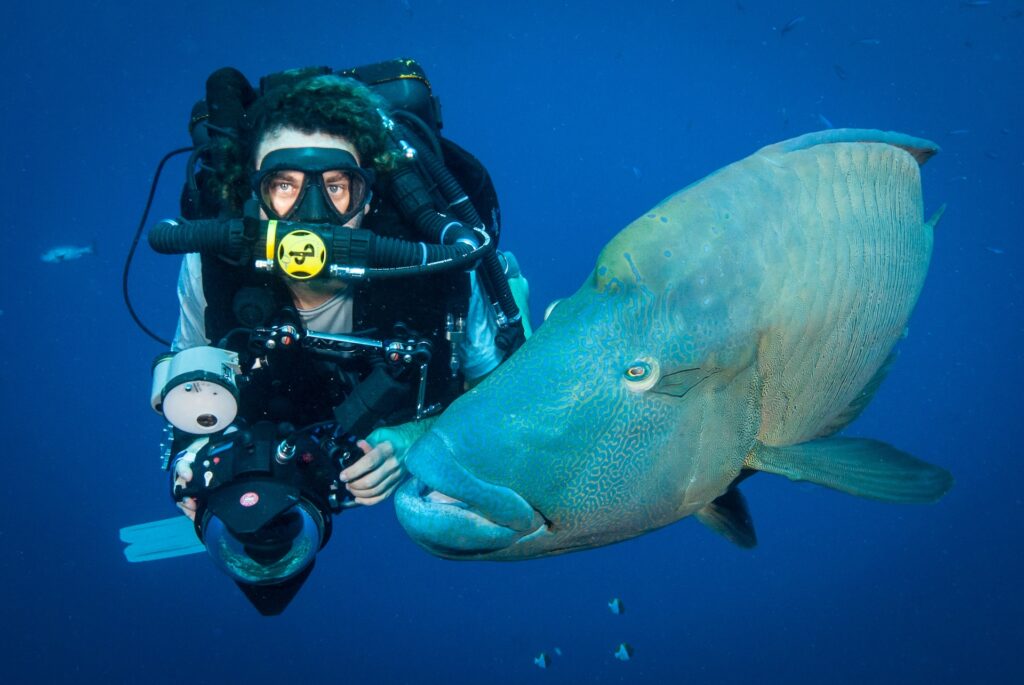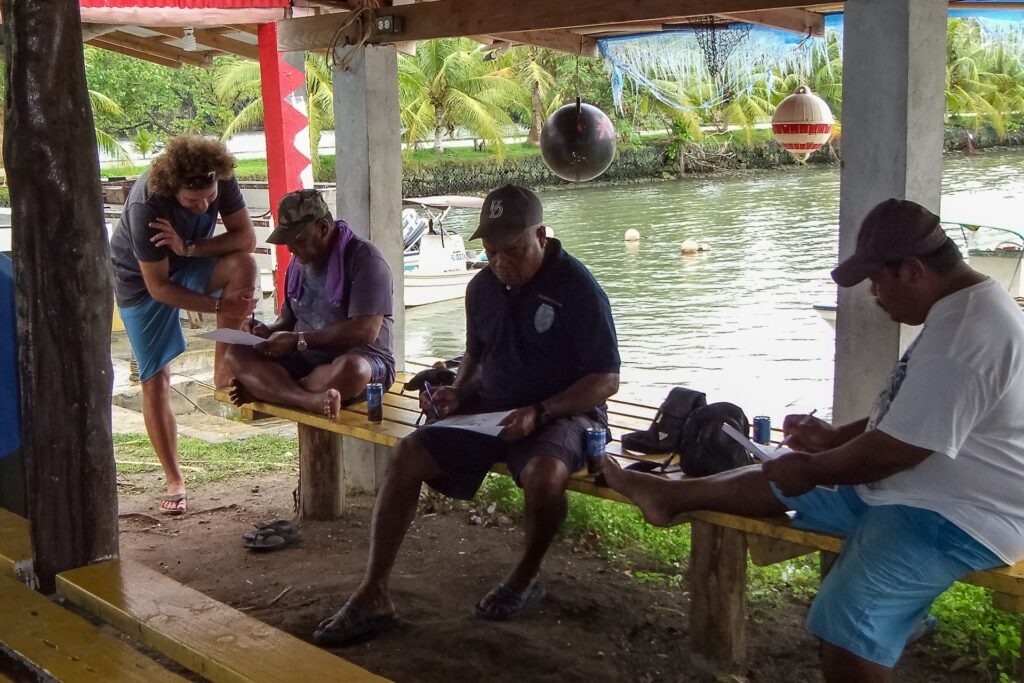Dr. Steven LINDFIELD
Independent Science Assessor
Habitat
Found in the tropical seas of Oceania, exploring coral reefs, hanging out with local fish & fisherfolk; Or in the Swiss-alps overlooking Lake Thun (Swiss for Tuna!)
Habits
Steve’s passion for the underwater world was cemented after gaining the prestigious Rolex Scholarship from the Our World-Underwater Scholarship Society.
The scholarship was life-changing, the opportunity allowed him to travel the globe, diving into various marine ecosystems and broadening his understanding of the critical conservation issues faced by different regions.
“It gave me a global perspective on how marine environments are managed and mismanaged,” Steve acknowledges.
Growing up on the Central Coast of New South Wales, Steve was always connected to the ocean alongside his father, a seasoned commercial fisherman. He was driven by a fascination with marine life, observing the ocean’s wonders and particularly the diverse species of fish that inhabit the seas.
“Although I loved fishing, I was always most interested in what was going on below the surface” Steve reflects. His early experiences with the ocean’s biodiversity planted the seeds of what would become his lifelong passion and purpose: marine conservation.
With his insights and experience in commercial fishing in Australia, subsistence fisheries in the tropical Indo-Pacific, fisheries management policies, and fishery dependent and independent monitoring techniques, Steve was the perfect candidate to join SASAL (Sustainable Seafood Assessment Ltd) as an Independent Technical Assessor.
His depth of knowledge and breadth of experience gives him a unique advantage allowing him to connect and work with commercial fishers & aquaculturists alike to interview, collate and summarise assessment data for the Scientific Reference Panel to review.
Steve especially likes the SASAL criteria, as it focuses on assessing environmental and ecosystem impacts along with the actual fishery stocks. “It’s about looking at the big picture,” Steve explains. “A fishery might be sustainable in terms of stock levels, but if the methods are damaging habitats or impacting other species, it’s not truly sustainable”.
The assessment framework can also accommodate small-scale producers where there is typically limited data available on their fishery or farm. “We can still make robust assessments which would otherwise require detailed studies and long-term data – information normally associated with larger-scale operations, which often have a greater impact on the environment”.
Steve’s passion for the ocean is matched by his commitment to education and advocacy. He shares his insights with local communities and stakeholders, emphasising the importance of sustainable fishing practices.
“Communicating with fishermen and the public is crucial,” Steve asserts. “People need to understand the impact of their choices and how they can support sustainable practices.”
Beyond the professional, Steve’s love for the sea is a family affair. His partner, Vanessa Jaiteh, is also a fisheries scientist, and together, they raised their children with the same appreciation for the ocean on Micronesian islands, in Australia, Africa and now Europe.
“Our kids have grown up learning about marine life from an early age,” Steve shares. “It is SO important that the ocean ecosystems are preserved for future generations.”
Honours
- Doctor of Philosophy (PhD), University of Western Australia, 2010-2015
- Australasian Rolex Scholar Our World-Underwater Scholarship Society 2008-2009
- Bachelor of Science (Hons.), Class 1 Honours in Marine Science, University of Newcastle, Australia, 2003-2007
More
- National Geographic Explorer
- Google Scholar H index = 17 (2,088 citations Apr 2025)
- Research Gate (1,542 citations July 2025)
